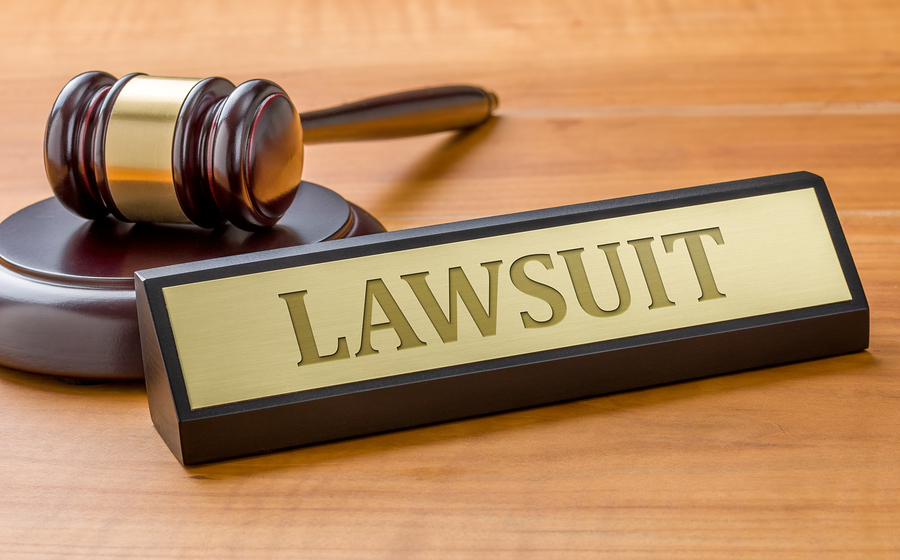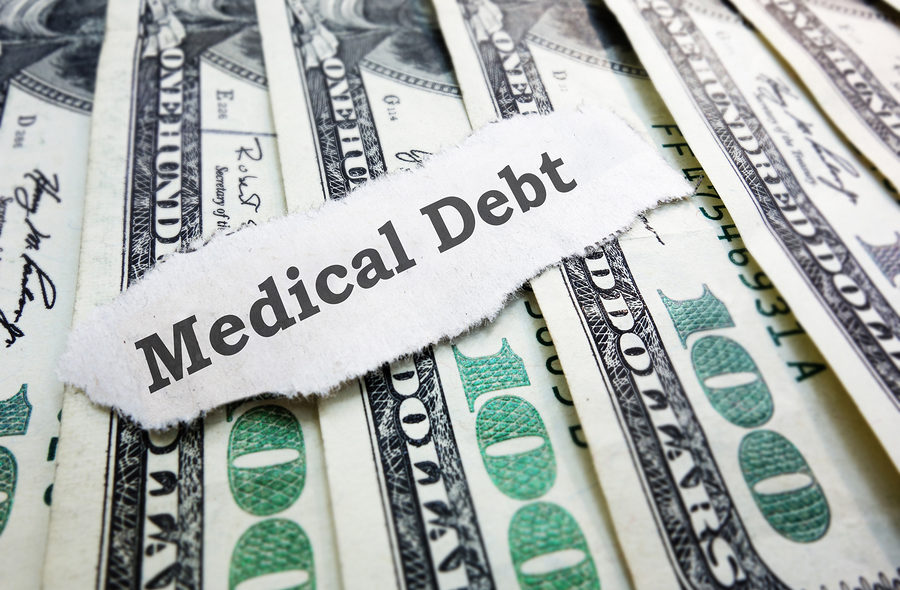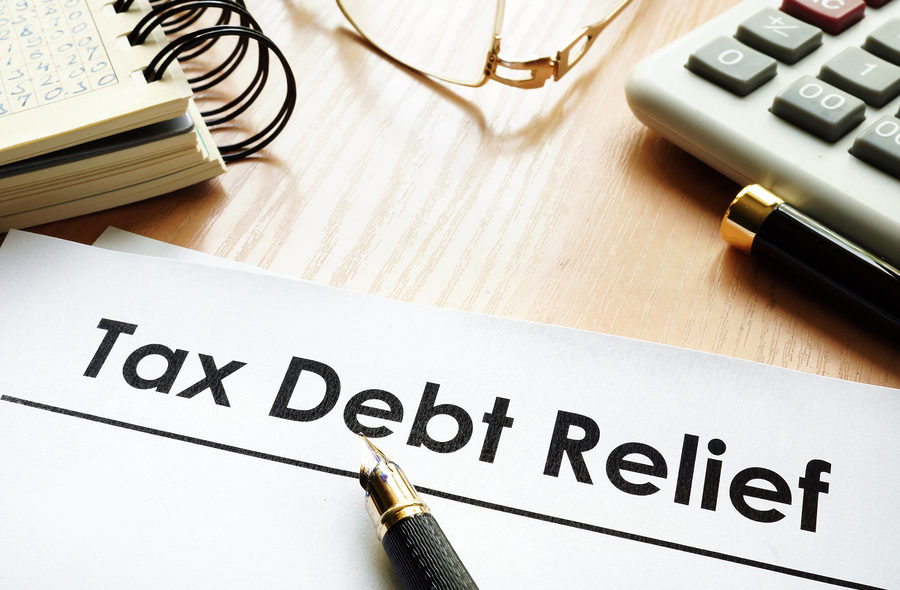The case comes as a warning to student loan borrowers struggling with their debt and company’s looking to profit from it. The Federal Trade Commission is cracking down on two student loan debt relief operations and the financing company that assisted them. The complaint is alleging the companies charged illegal upfront fees, led consumers to believe the fees would go towards reducing their loan balances, and falsely promised to permanently lower and even eliminate their balances.
The FTC has also charged the companies with locking its customers into high-interest loans and paying their fees without making required disclosures. This caused their customers to sink further into debt.










